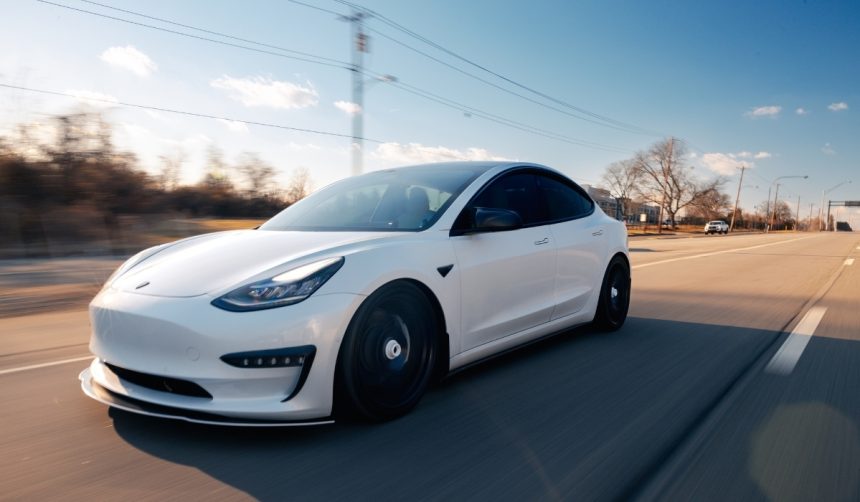Tensions between Tesla and Swedish labor unions are drawing in more industries, signaling a significant escalation in the campaign for collective bargaining agreements. On November 4, IF Metall announced an expanded action by including Assa Abloy Industrial, a major manufacturer of industrial doors and locks, in its ongoing dispute with Tesla. The standoff, ongoing for nearly two years, now seeks to interrupt operations at Tesla Sweden through coordinated action, showing increasing determination from both sides. Employees and their workplaces are left uncertain as companies adjust to the new layers of industrial action and disruption within Sweden’s robust collective labor tradition.
Similar labor standoffs involving Tesla and IF Metall have occurred recently, but with more limited scope. Earlier disputes mainly focused on Tesla’s service and repair operations or targeted logistics partners indirectly. While unions have previously attempted to pressure Tesla, the inclusion of firms like Assa Abloy marks a broader push drawing upon decades-old Swedish labor solidarity strategies. Whereas former efforts often ended with mediation or temporary stoppages, the present escalation appears more extensive, affecting larger portions of Tesla’s infrastructure in Sweden.
How Are New Sympathy Strikes Affecting Tesla’s Daily Operations?
Assa Abloy’s 330 employees will halt all servicing and maintenance of locks and gates at Tesla Sweden sites under the new sympathy strike. IF Metall aims to create tangible impacts on Tesla’s workflow, leveraging solidarity actions to strengthen its bargaining position. This approach intends to not just interrupt logistical processes but also underline the connectedness of Swedish industry in supporting union-led demands for collective agreements.
Which Companies Have Joined IF Metall’s Campaign?
After repeated mediation attempts failed, Assa Abloy is the latest company drawn in after a total of fourteen conflict notices have been filed with Sweden’s Mediation Institute since September. The entry of Assa Abloy reflects a pattern of involvement by other firms and sectors that have either ceased servicing Tesla or joined in related strike actions, exemplifying the collaborative spirit within Sweden’s labor landscape.
Why Does IF Metall See the Swedish Labor Model as Unique?
IF Metall chair Marie Nilsson has reiterated that Sweden’s union system functions differently from what many foreign companies, especially American firms like Tesla, may expect. The union insists that local agreements should not be mistaken for commitments elsewhere, focusing on the specific context of Sweden.
“They have experience with American unions that operate in a completely different environment and that have to be militant in a different way,”
Nilsson stated, referring to common misunderstandings by foreign employers. She also emphasized,
“It is the practical system we have here to regulate the conditions.”
Labor disputes like this one provide a rare look into Swedish industrial relations, where industry-wide collaboration among unions and partner firms plays a pivotal role. The current conflict exposes gaps in understanding between U.S. business culture and the collective agreements central to Swedish working life. For companies operating in Sweden, such action highlights the importance of adapting to local labor practices and considering the broader impacts of non-compliance. For employees and observers, the ongoing developments serve as reminder of the power of solidarity in shaping workforce conditions and company policy—the lessons of which extend to any international company bringing its business model to new countries.
- Tesla faces expanded labor action as Assa Abloy workers start sympathy strike.
- Fourteen conflict notices have been filed with Sweden’s Mediation Institute.
- IF Metall stresses collective agreements are vital in Swedish labor relations.










